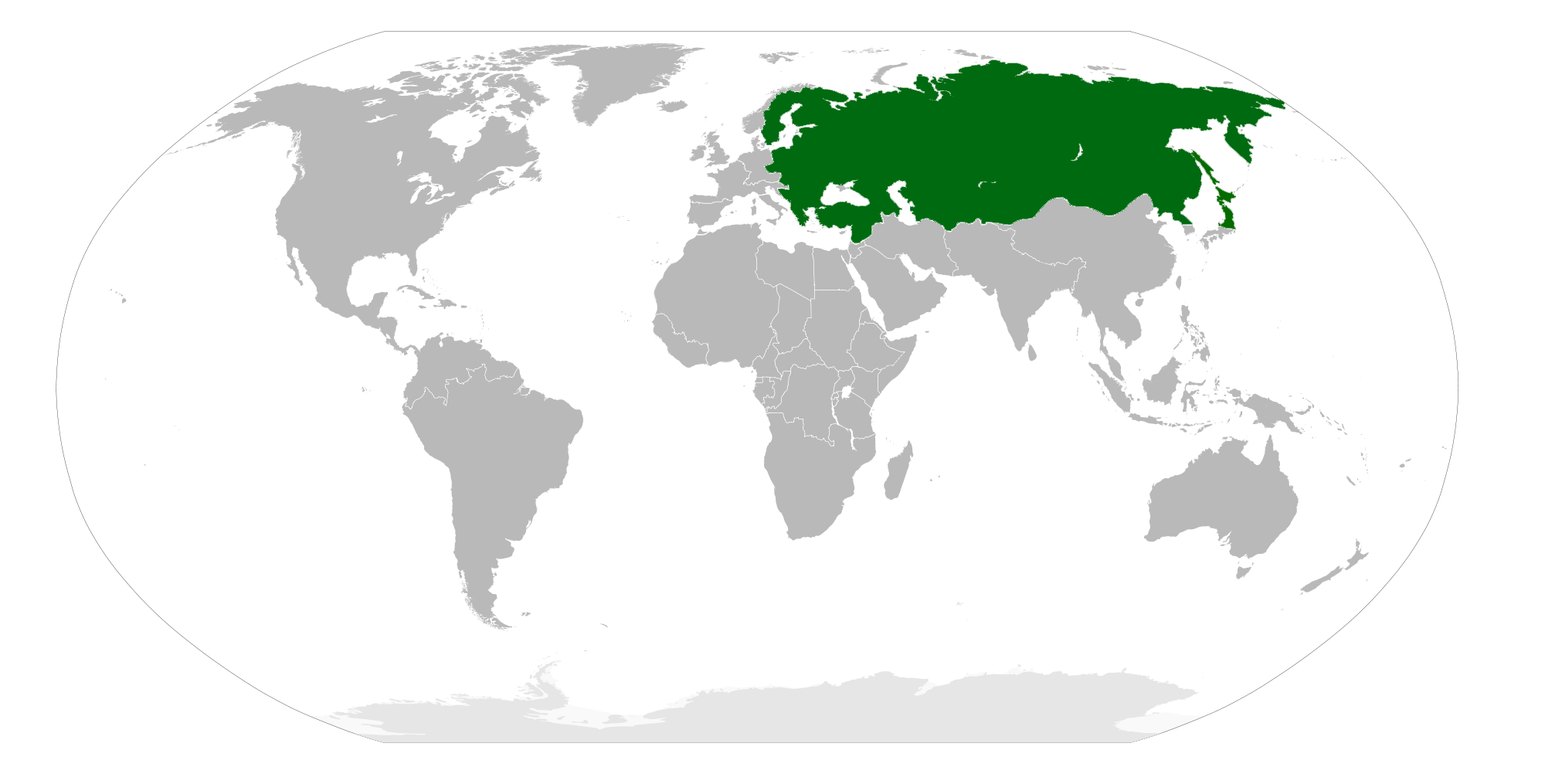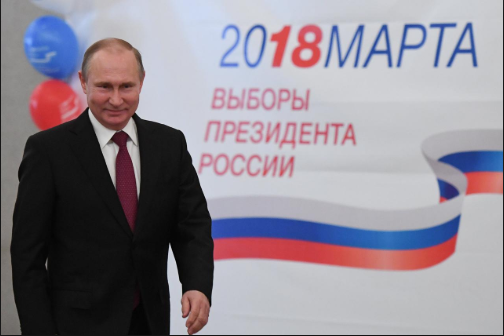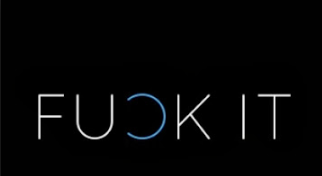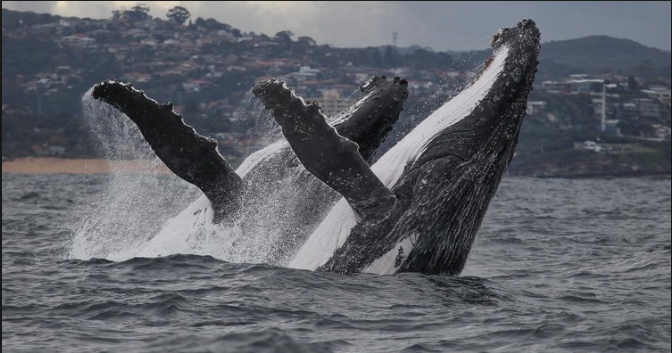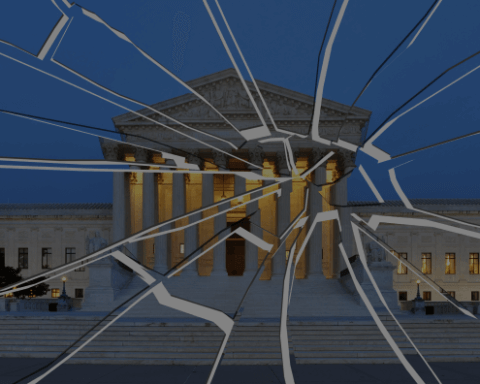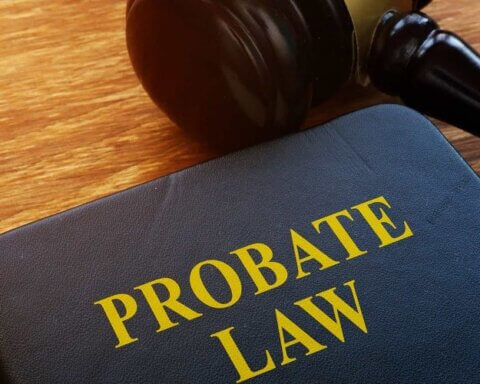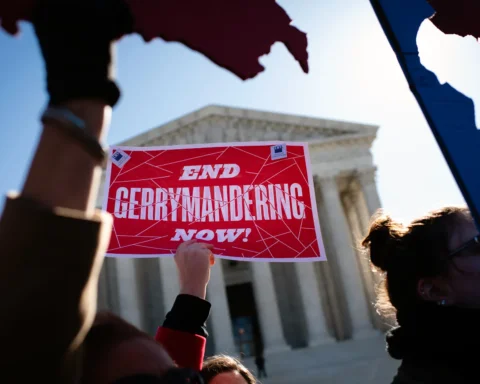*The Russian state operates on paper as a federal republic. Much like their democratic and parliamentary cousins, they have a distinct legislative, presidential, and judicial branch, hold elections, and have a constitution. However Russia’s erratic behavior in the international community, such as their brazen murder of Sergei Skripal and their intrusion into U.S. elections, have exposed them as something entirely different. They are effectively a kleptocratic oligarchy, with Vladimir Putin as its center, operating under the false facade of democracy.
The oligarchs are the 15-20 richest men in Russia and serve at the behest of Putin. They include high level executives at Russia’s largest companies, military and intelligence officers, and powerful government officials. The oligarchs use the resources and powers of the state to protect their wealth and enrich themselves by both legal and extrajudicial/illegal means. The whole bureaucracy of the state exists as a legal instrument through which Putin and the oligarchs operate with impunity. They can enact self-serving legislation, enforce bogus laws, prosecute and incarcerate rivals, seize property, illegally gather intelligence, control information and media, and make war under the pretense of legal, internationally recognized government activity.
In other words, the state is merely a legal entity by and through which institutionalized corruption is carried out under the pretense of bureaucracy and democracy. In this regard Russian public life is essentially two-faced; the legal facade of bureaucracy and the underlying corrupt behavior that it’s meant to obfuscate. The facade is maintained in three main ways; financial incentivization, crushing opposition and controlling information, and sham democratic processes.
Only by rampant top to bottom corruption can this captive state exist. From the lowest local bureaucrats and government officials all the way to the oligarchs and Putin himself, everyone must be committed to the charade in order for it to function properly. And the only way of ensuring the rampant corruption required to maintain the state goes on unperturbed is money. Money to bribe officials or placate potential rivals. Money to control state media and industries. Money to fund intelligence operations and influence campaigns. In short, the corrupt state relies on money to maintain the power of the state.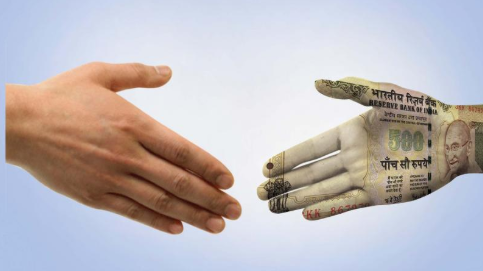
Money is also the primary motivator for many of the corrupt behaviors of the state. For example the seizure of financial assets by the state, most famously chronicled in the Browder/Magnitsky saga, is commonplace. Bill Browder, a British-American activist investor, created Hermitage Capital, a hedge fund that made a fortune investing in the newly privatized Russian economy following the dissolution of the Soviet Union in the 1990s. In the process Browder exposed corruption and corporate misconduct, making him many powerful enemies within the Russian state. Particularly in the financial arm of the FSB, Department K. Eventually Browder was blacklisted, and charged with tax evasion (a phony charge) while out of the country. The state seized the funds assets by forging incorporation documents stolen during a raid of his offices, and then it’s new owners claimed a $250 million tax refund on those stolen assets.
The state then blamed the whole scheme on Browder and his attorney, Sergei Magnitsky, who had uncovered the whole scheme. Magnitsky was jailed and eventually died in custody after a brutal beating by prison guards. His death was the impetus for the Magnitsky Act, passed by the U.S. congress in 2012, which placed severe sanctions on the oligarchs involved in Magnitsky’s death and cover-up. Lifting the sanctions is one of Putin’s main foreign policy goals and was supposedly the topic of conversation during the now-infamous Trump Tower meeting prior to the 2016 election.
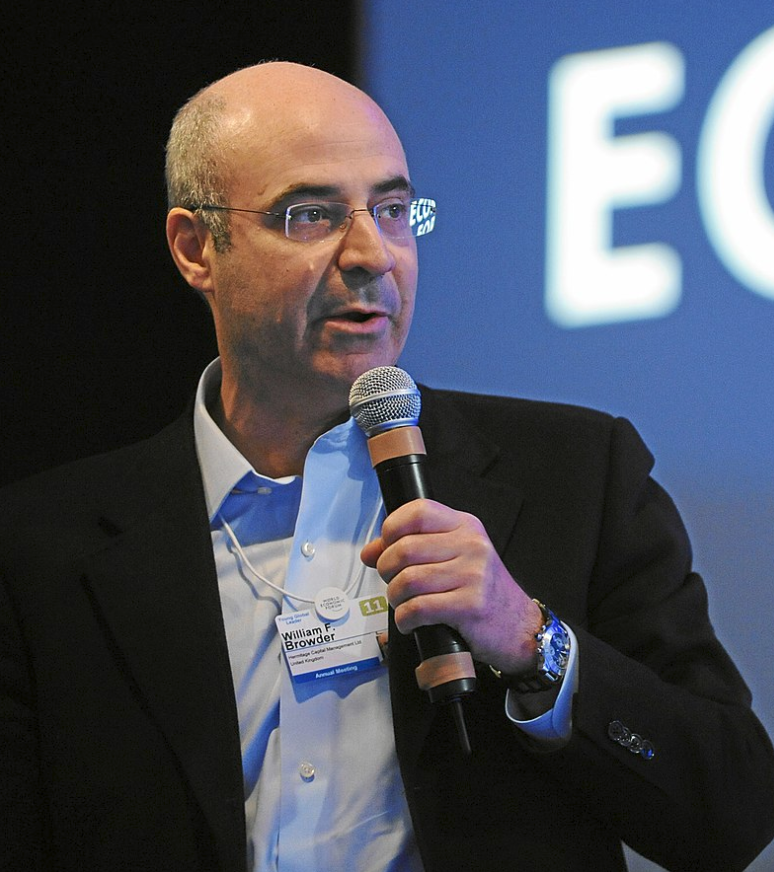
This perfectly illustrates the vertical integration of corruption of the Russian state. The scheme hinged on the cooperation and coordination from everyone involved. From the low level cops who arrested Magnitsky and raided Hermitage Capital, to the judges overseeing the sham trials, to the government officials bold facedly lying to the international community, to the intelligence agencies coordinating the entire operation. Frankly, its an impressive showcase of just how deep the corruption of the state can penetrate and how money can get virtually anyone to fall in line. And when money isn’t enough, as displayed in the brazen murder of Magnitsky in custody, the state is not afraid to use other more effective means of coercion.
The power ministries of the state, particularly law enforcement, intelligence, and the judicial system, also function as another means of defending the facade should financial incentivization fail. Whistleblowers, dissidents, opposition leaders, and outsiders are all threats to the integrity of the facade of the state. This is why whistleblowers and dissidents are dealt with so swiftly and so harshly. Any kind of hole in the facade threatens to reveal and ultimately undermine the corrupt power of the state, thus implicating everyone involved going all the way to the top.
Money is the primary motivator for many of the corrupt behaviors of the Russian state.”
The state has also participated in impudent and deadly attacks abroad aimed at silencing opposition. The recent poisonings of Sergei Skripal and his daughter Yulia in a London suburb are only the most recent in a string of Russian dissidents and critics turning up dead under mysterious circumstances. Even when faced with evidence proving their guilt, the Russian state simply shrugs it off. It’s almost as if they know that there will be no significant repercussions from the international community. The downing of passenger plane MH17 is a perfect example of this whataboutism and obstruction of truth.
Russian-backed separatists in Ukraine downed a Malaysian Airlines flight originating in the Netherlands, killing all 283 passengers and 15 crew members aboard. Despite the overwhelming evidence presented by independent investigators, from identifying the Russian-made and supplied missile systems to pinpointing the Russian missile brigade responsible for the attack, the Russians have continued to deny any involvement. Whenever presented with conclusive evidence by the international community, the Russians introduce their own set of facts that are simply meant to muddy the waters of analysis. To them, truth is in the eye of the beholder.
As long as they can control the narrative internally and the international community remains toothless in their response, they will continue to operate with impunity.
This silencing of dissent abroad goes hand in hand with the control of information and manipulation of mass media at home. The Russian government owns virtually all media outlets and is able to push whatever storylines or narratives it wants. They can slander enemies and puff up allies. They control the narrative. For all intents and purposes, its modern day propaganda. Reporters and journalists are regularly intimidated, jailed, or killed for straying from the company line or digging too deep into a story the government might not like. Russia is annually one of the most dangerous places on earth to be a journalist. How would a whistleblower even go about trying to expose corruption when there is no platform for them do so safely?
Ideologically, the idea of liberal democracy is a direct threat to Putin’s kleptocratic oligarchy and the democratic charade it’s cloaked in. Because Putin derives his power from the corrupt state, not a democratic mandate from the people, the ideological integrity of the state and the maintenance of the bureaucratic facade is crucial to retaining political power. In other words the power of the state emanates from the state itself, rather that from an electoral mandate from the peoples like in a liberal democracy. Therefore any means of undermining the Russian state, even through typical democratic means, is considered a direct threat to his personal grip on power.
Russia has ‘free’ elections just like any other western liberal democracy. However in practice the elections are virtual shams and exist only to legitimize the state in the eyes of international observers. Hallmarks of a vibrant, functioning democracy such as a legitimate opposition parties and a free, independent press are non-existent. Russian elections and the democratic process are more like a soap opera; the winners having already being chosen and any subsequent drama is completely manufactured in order to maintain the charade of freedom and fairness.
This is why Putin greatly fears any kind of legitimate election process. He is deeply suspicious of any elections, stemming from his career as a KGB officer before his political career began in the 1990s. This experience has spawned into a nearly paranoid obsession with Western incursions into Russian affairs, particularly their superior intelligence infrastructure.He believes that the spread of liberal democracy across the globe is a new form of information warfare perpetrated by the U.S. He blamed the calls for democracy following the dissolution of the Soviet Union in the late 1980s on CIA operatives. He also called the color revolutions in eastern bloc countries like Czechoslovakia and Ukraine intelligence operations by the U.S. and the west designed to destabilize Russia internally. In short, he believes that democracy as a system is some kind of large scale intelligence operation.
This gets to the crux of the new cold war between the Russians and the West. Putin and his deeply ingrained suspicion of the West gets at the paranoia under which the Russian state operates. Anyone not on the payroll or in on the scheme becomes a liability to expose the whole thing. It’s why whistleblowers end up dead. It’s why Russia employs a vast intelligence infrastructure designed to sow disinformation across social media. It’s why Putin uses the U.S. as his boogeyman of choice, blaming any shortcomings of his own government on the omniscient and sinister intentions of the U.S. He doesn’t really care what the international community thinks, as long he has support at home. Or at least enough to support to maintain the facade of democracy. Because ultimately that domestic support is all that matters in keeping up the ruse. Once the support recedes the jig for him and his cronies is up. They can no longer hide their corruption behind the smokescreen of democracy and bureaucracy. He has seen what happens to dictators when liberal democracy rears it’s head. They are sodomized with knives in the street (Muammar Ghadaffi in Libya), jailed by the rising opposition (Hosni Mubarack in Egypt), or exiled in disgrace (Viktor Yanukovych in Ukraine). It’s why he continues to supporting Bashar Al-Assad in Syria and why he help elect the dictatorphile Trump in the U.S. The strongmen are circling the wagons and closing rank. Putin realizes he has more on the line than any of them, and he doesn’t want to be the most recently dethroned dictator sacrificed at the altar of democracy.
Lyle Morrison is a writer from Boston and can be found
@RichardStash99 and at whoislylemorrison.com

